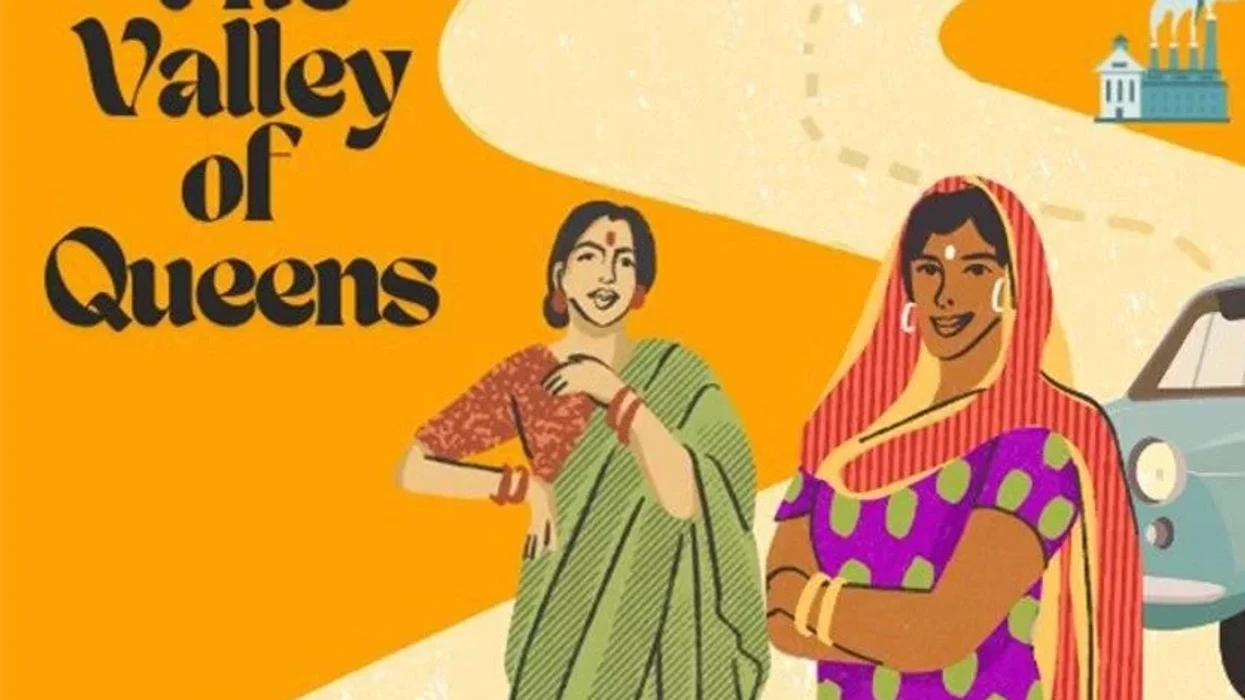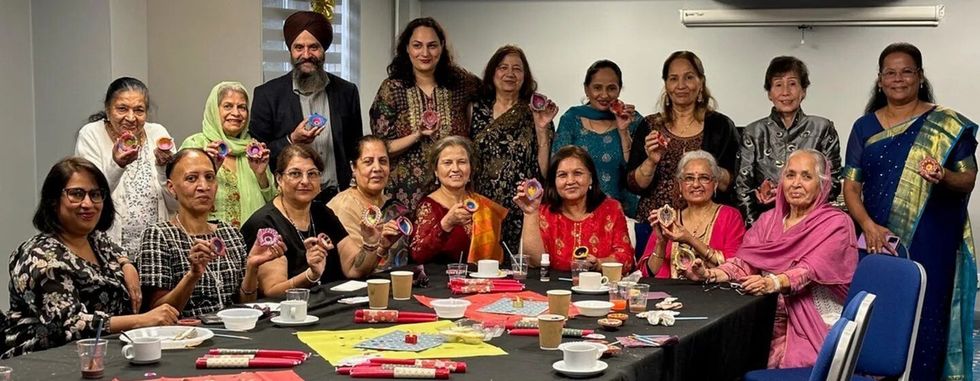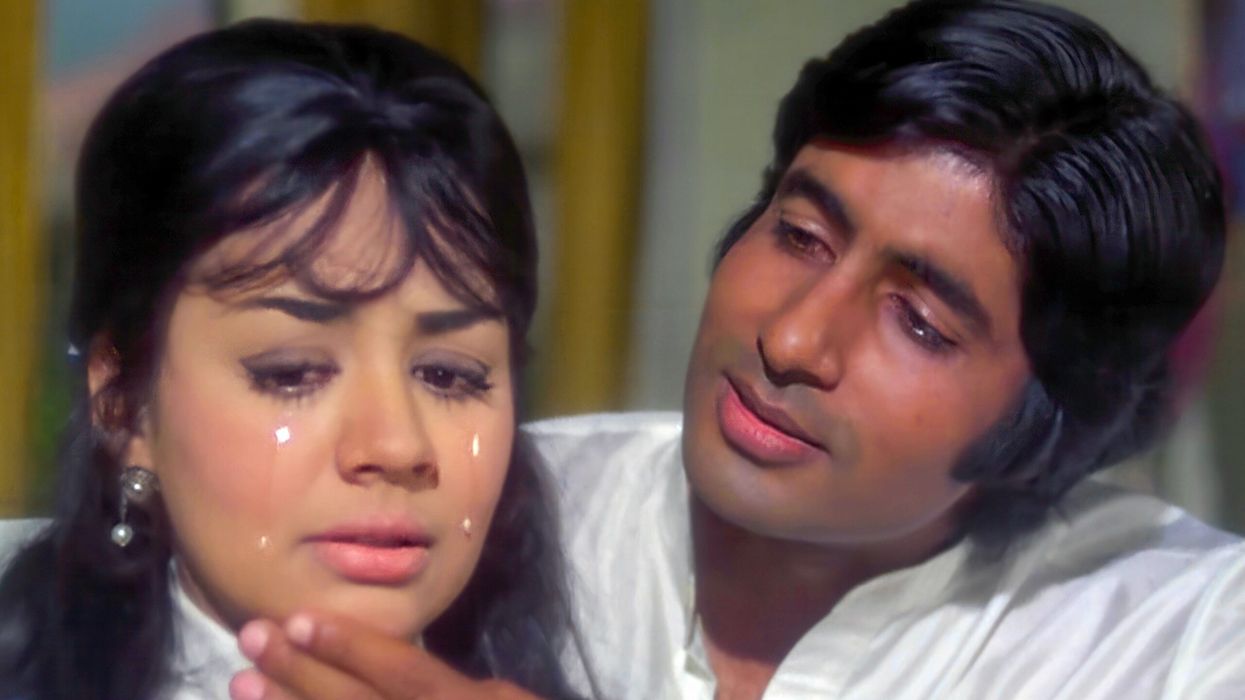The UK government’s £1.57 billion emergency support package for the arts and culture sector has been described as a lifeline for an industry “brought to its knees” by the coronavirus pandemic.
The package covers funding for Britain’s museums, galleries, theatres, independent cinemas, heritage sites and music venues. It includes a £1.15bn for cultural organisations in England, comprising £270 million in loans and £880m in grants.
Funding will also go to the rest of the UK with £33m to Northern Ireland, £97m to Scotland and £59m to Wales.
“This is such welcome news from the government – at last a glimpse of hope for a sector brought to its knees,” said Indhu Rubasingham, artistic director of Kiln theatre.
“We now have an excellent opportunity to not only move to recovery but also to reset, challenge and change to make sure we are better, bolder and revitalised as we look after every moving part that constitutes our complex and deeply interdependent eco-system.”
The package comes after the Creative Industries Federation warned that Britain’s creative industries faced a “cultural catastrophe” with billions lost in revenue and up to 400,000 job losses as a result of the coronavirus pandemic.
Last week, some 1,500 acts - including Ed Sheeran and The Rolling Stones - made an impassioned call for help from ministers to protect the live music industry from collapse.
Their letter followed warnings from a string of institutions, including Shakespeare's Globe, the replica open-air theatre in London, that they risked closing forever without help.
Chancellor Rishi Sunak, who visited the Shakespeare Globe Theatre on Monday (6), said: "Our world-renowned galleries, museums, heritage sites, music venues and independent cinemas are not only critical to keeping our economy thriving, employing more than 700,000 people, they're the lifeblood of British culture.
"That's why we're giving them the vital cash they need to safeguard their survival, helping to protect jobs and ensuring that they can continue to provide the sights and sounds that Britain is famous for."
Theatre Royal Stratford East’s artistic director Nadia Fall said the funding is a “much-needed lifeline for our industry at such a precarious time”.
She added: “We at Theatre Royal Stratford East are committed to doing our utmost in order for our staff, our freelance collaborators (who make up a significant part of our workforce) and our beautiful building to get through the closure and thrive beyond it.”
Jay Visvadeva of Sama Arts, one of the UK’s oldest organisations engaged in Indian and other south Asian arts and music, welcomed the package. He has had to cancel all events for 2020 due to the pandemic and restrictions on audience numbers allowed in performances.
“This is a large package. It will help thousands of organisations through Arts Council England, including those engaged in Asian culture. Regular funding was suspended on March 23, but will now resume on July 22,” he said.
Whilst the package will save many jobs, it has come too late for those who have already been made redundant. There have also been high-profile closures of institutions such as the Nuffield Southampton Theatres, which closed its doors after six decades of putting on shows.
London Mayor Sadiq Khan warned the government’s funding needed to extend to freelancers working in the sector or there will be further job losses.
Khan said: "The loans and funding for our cultural organisations are welcome and long overdue, but I'm concerned to see no mention of support for the thousands of freelancers who work across the sector or the businesses in the creative supply chain, without whom our theatres, galleries and venues simply wouldn't function.
"London's creative and cultural sector led the world before the pandemic and will play a vital role in our economic and social recovery but it is essential that the Government support the whole cast, not just the headline acts."
Suba Das, the artistic director of the HighTide theatre company, urged the industry to use the funding for “structural reform”.
He said: “It’s a significant amount – more money than we’d expected. We can’t fail to note the fact that this moment of structural rescue has coincided with conversations about structural reform after the killing of George Floyd.
“What’s been challenging recently for leaders in the arts, who are trying to reach new audiences and support new voices, is the tension between those two objectives: can you rescue and reform at the same time?
“The great concern is how this rescue package finds its way into supporting new voices, freelance artists and the most marginalised in society because in any moment of economic uncertainty they are the most at risk.
“The responsibility is with us as organisations to continue to think with integrity and depth about widening our reach. The hope is that we get back up on our feet better than we were before.”




 Neetika Knight
www.easterneye.biz
Neetika Knight
www.easterneye.biz












 Women from the Happy Hour Project engaged in creative workshops
Women from the Happy Hour Project engaged in creative workshops


Man pleads not guilty to murder of BBC presenter's family